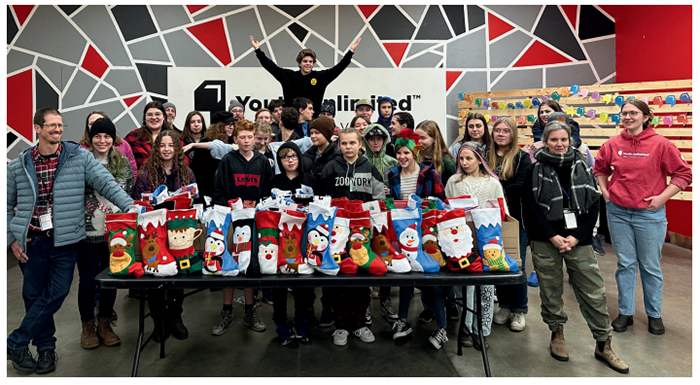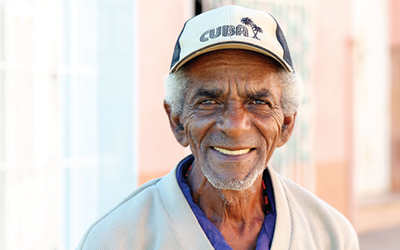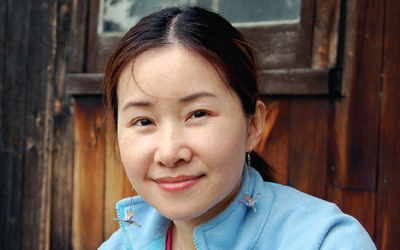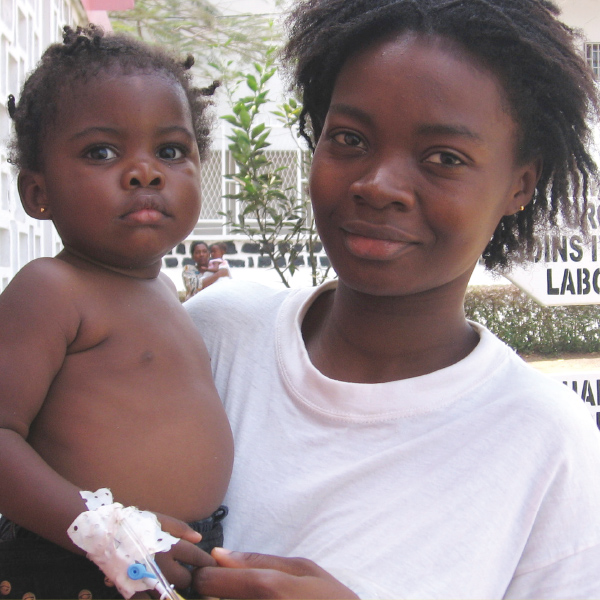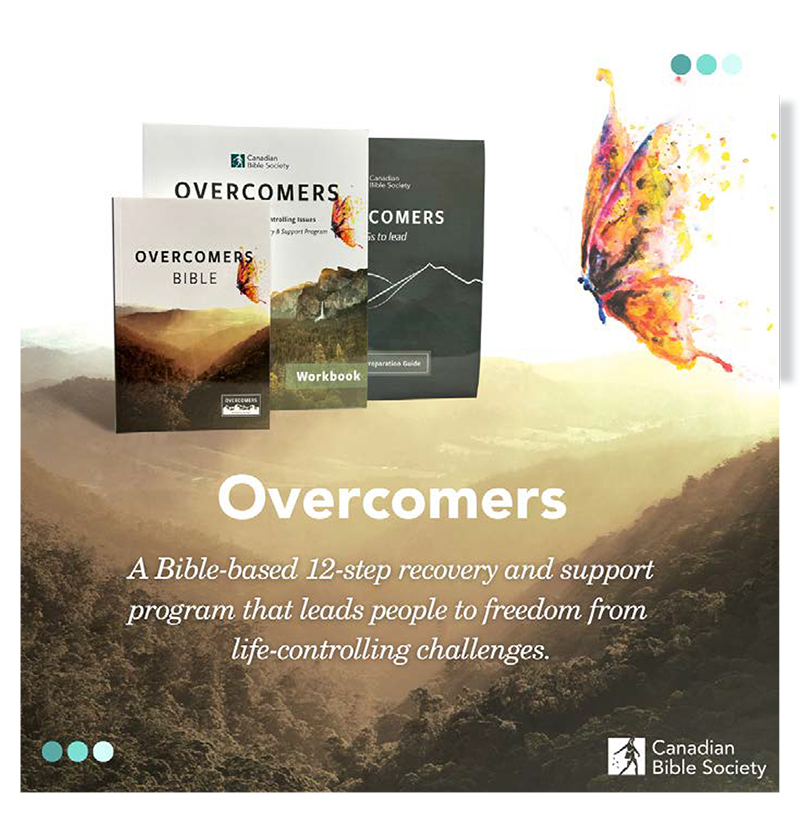Translating the Bible is complex in ‘normal’ times, and collaboration can be challenging at the best of times. COVID-19 brought more complications, and some teams were stalled or delayed due to lack of access to trained specialists or simply because they were unable to collaborate.
But many Bible Society translation teams across the world pressed on to make God’s Word available to their communities.
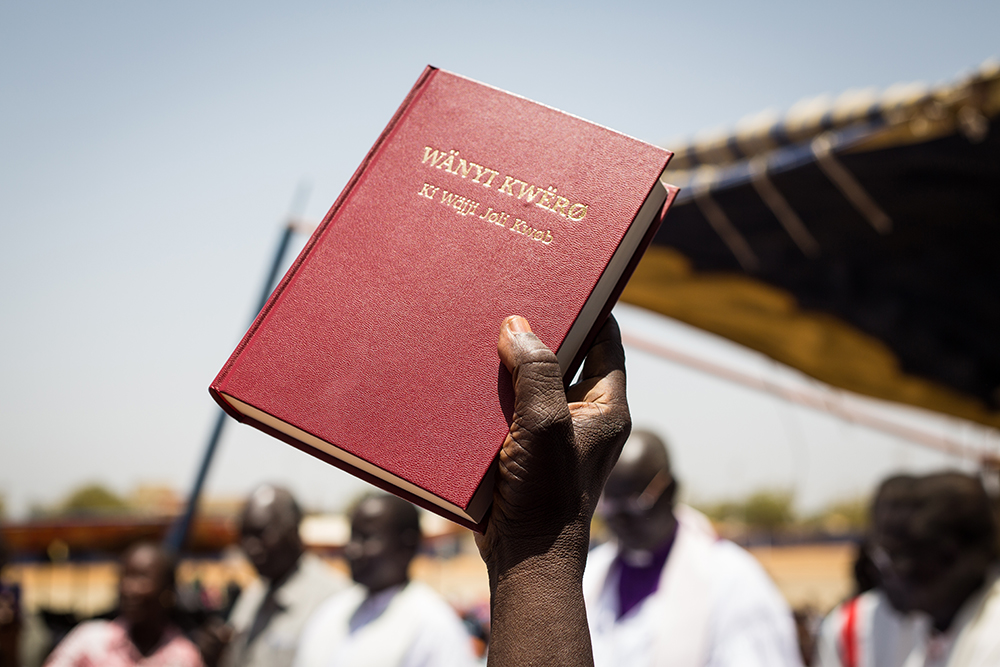
SURINAME: Forbidden from travelling to town to buy essentials – and with no government assistance – food was soon in short supply. Villagers had to rely on the produce from their gardens. To help the translators maintain their work in two languages, the Suriname Bible Society, which runs the project, sent food hampers. With that support, translators toiled on.
When restrictions eased in October, the translators traveled to Georgetown, the capital, to access the internet, upload their work and meet online with their Global Translation Advisor. As a result, they were able to finalize a small portion – Genesis 12-15 – which has been published and shared with the communities for feedback.
CAMEROON: In Cameroon’s Far North Region, the Parkwa translation team suffered the devastating loss of two colleagues who worked as literacy facilitators, killed in two separate attacks by militant Islamist group Boko Haram.
Despite this trauma, and amidst the pandemic and ongoing attacks on their village, the team made significant progress in 2020, even meeting online with their Global Translation Advisor to check their work.
“This project continues to progress normally due to the dynamism and commitment of the Parkwa translators,” reports the Bible Society. “In 2020, we have gone from 84% to 92% of overall progress.” Meanwhile, the Bible Society is moving the translation team from their village and into the city of Maroua, where there is more security.
ANGOLA: Translators must interact with communities to ensure that the translation is understandable by ordinary people and meets their needs. Yet lockdowns in most countries made it difficult or impossible for people to meet for much of the year.
In Angola, the Umbangala team launched an innovative use of social media to engage people with the translation, even during the lockdown. The virtual campaign gave the team strong momentum to make good progress until restrictions eased and in-person meetings with community reviewers resumed. The new revision will be used in the New Testament due in 2021 and the full Bible due in 2025.
